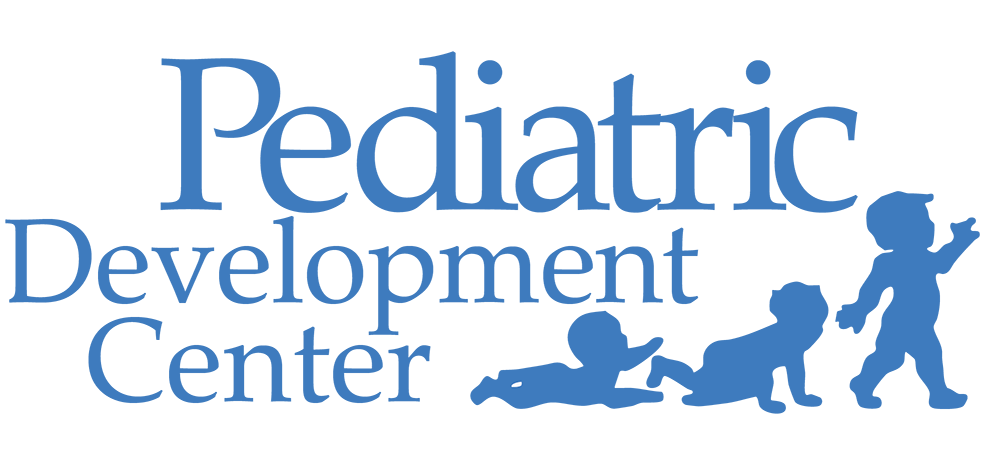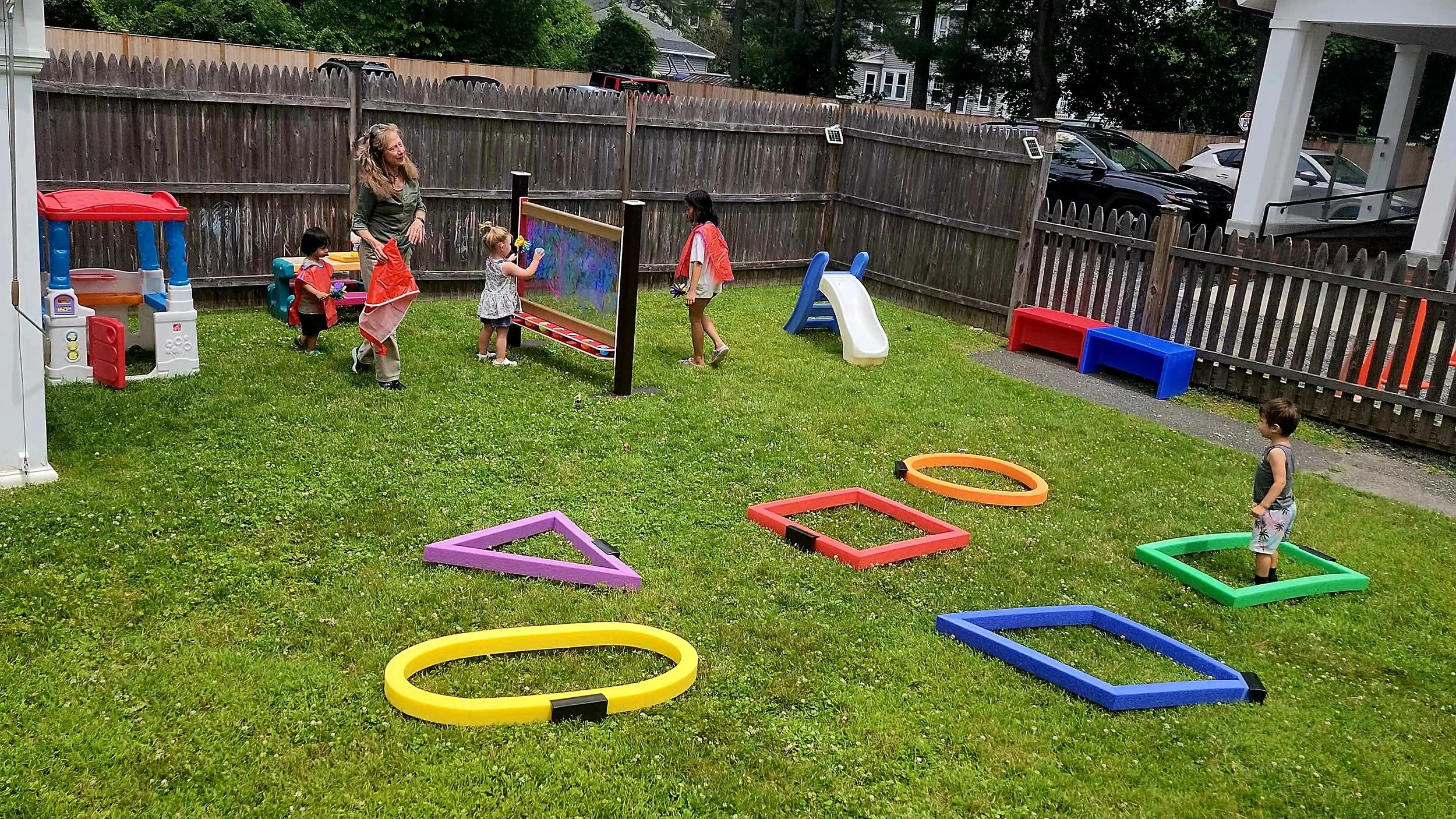About Early Intervention at PDC
Early Intervention in Massachusetts is a statewide, family-centered, developmental service.
Why Early Intervention Matters
The first three years of life are a time of incredible growth.
During this window, a child’s brain develops faster than at any other time. The connections they make through movement, play, language, and relationships build the foundation for everything that comes next.
When a child shows signs of delay or difficulty, Early Intervention helps strengthen those early connections. With the right support, children can learn new skills, overcome challenges, and reach their full potential.
Early support changes lives. And it starts here.
What to Expect When We Work Together
When you partner with the Pediatric Development Center, you become part of a team that puts your child and family at the center of everything we do. From the very first visit, we take the time to listen, learn, and build a plan that’s tailored to your child’s unique strengths, needs, and routines.
Our multi disciplinary team works together with you to create an Individualized Family Service Plan that reflects what matters most to your family. We focus on what will truly make a difference in your child’s everyday life, and we’re here to support you every step of the way.
Our goal is simple: to do what’s in the best interest of your child and family, always.
Getting Started
If you have a concern about a child under age three, please give us a call to initiate the referral process.
Together with parents, the PDC team creates an individualized program to meet the needs of each child and family.
What happens after the referral:
Starting Early Intervention can feel overwhelming, but we’re here to make the process clear and supportive every step of the way. Once a referral is made, here’s what happens next:
1 - Evaluation
PDC uses the Battelle Developmental Inventory, Third Edition (BDI-3), as required by the Massachusetts Department of Public Health, to determine eligibility based on a developmental delay in 1 or more areas tested. Children may also qualify for Early Intervention if they:
Have a diagnosed condition that may impact development
Are medically fragile or have significant health concerns
Show delays in areas such as movement, learning, or speech/language
Are experiencing behavioral or social-emotional challenges
Are considered at risk for developmental delays
Are recommended for services based on the professional judgment of the evaluation team
Together with parents, the PDC team creates an individualized program to meet the needs of each child and family.
2 -IFSP
Once your child is determined eligible for services, our team works with you to create an Individualized Family Service Plan (IFSP). The IFSP is a personalized plan that:
Identifies your child’s developmental needs,
Sets specific goals for growth,
Outlines the services and supports your child and family will receive, and
Specifies how often and where services will be provided.
Your family’s input is central to the IFSP. Together, we review progress regularly and update the plan as your child grows and develops.
3 - Beginning Services
Once your child’s IFSP is in place, services begin right away. Our specialists come to you - in your home, your child’s daycare, or another community setting- so support happens where your child feels most comfortable. Each visit is tailored to your family’s goals and daily routines, with practical strategies you can use every day. We check in regularly to celebrate progress, adjust goals as needed, and make sure your child is getting the best possible start.
Some of the services we offer:
-

Speech & Language Therapy
Speech-Language Pathologists support:
Receptive/expressive language, articulation, intelligibility
Oral-motor skills for feeding and swallowing
Communication strategies embedded in play routines
Parent strategies for language-rich daily activities
-
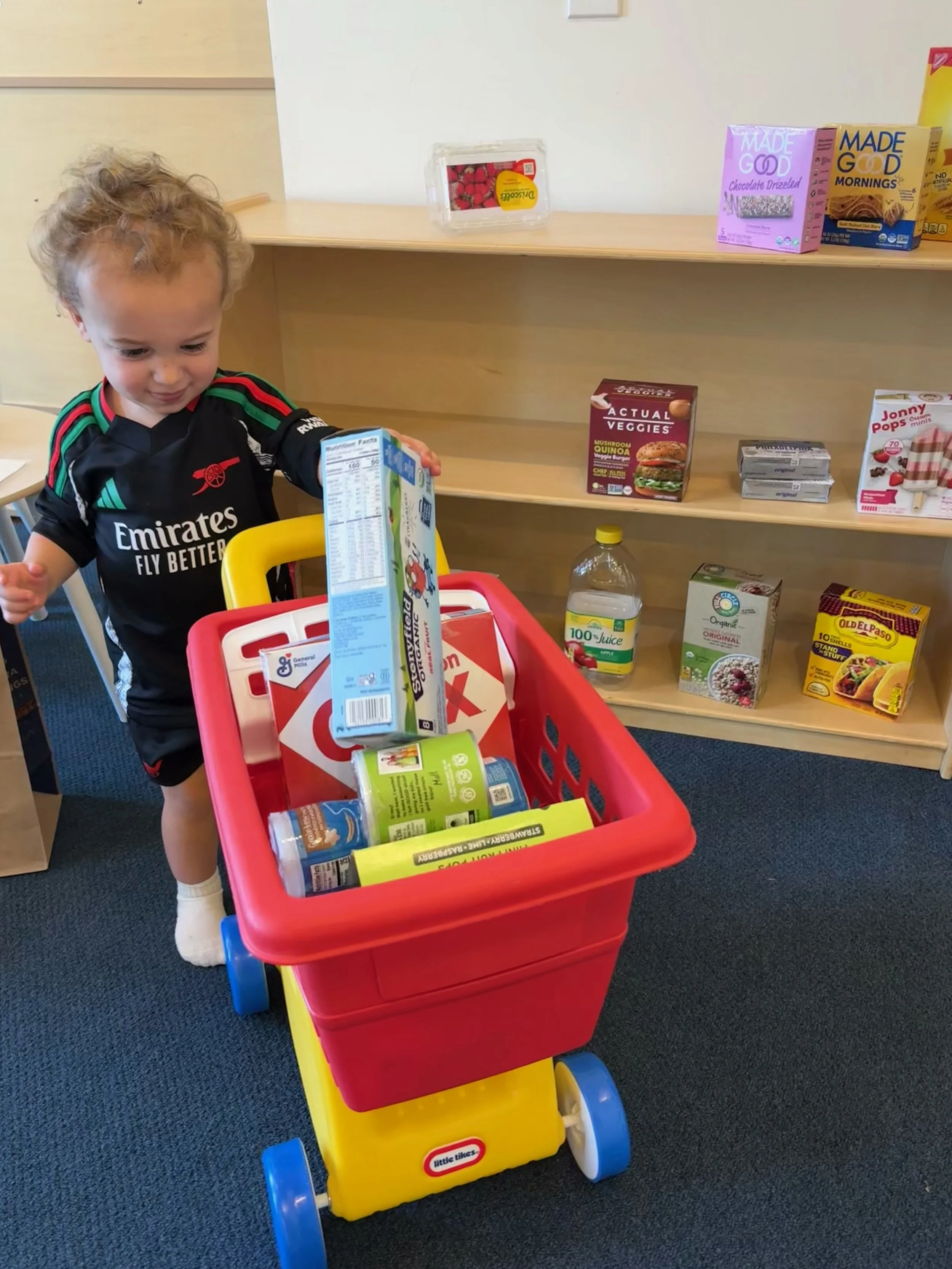
Occupational Therapy
Occupational Therapists support:
Fine motor skills
(grasping, play, self-care)Gross motor skills
Sensory processing through activities tailored to child needs
Adaptive and play skills
Daily routines like dressing, feeding, self-regulation
-
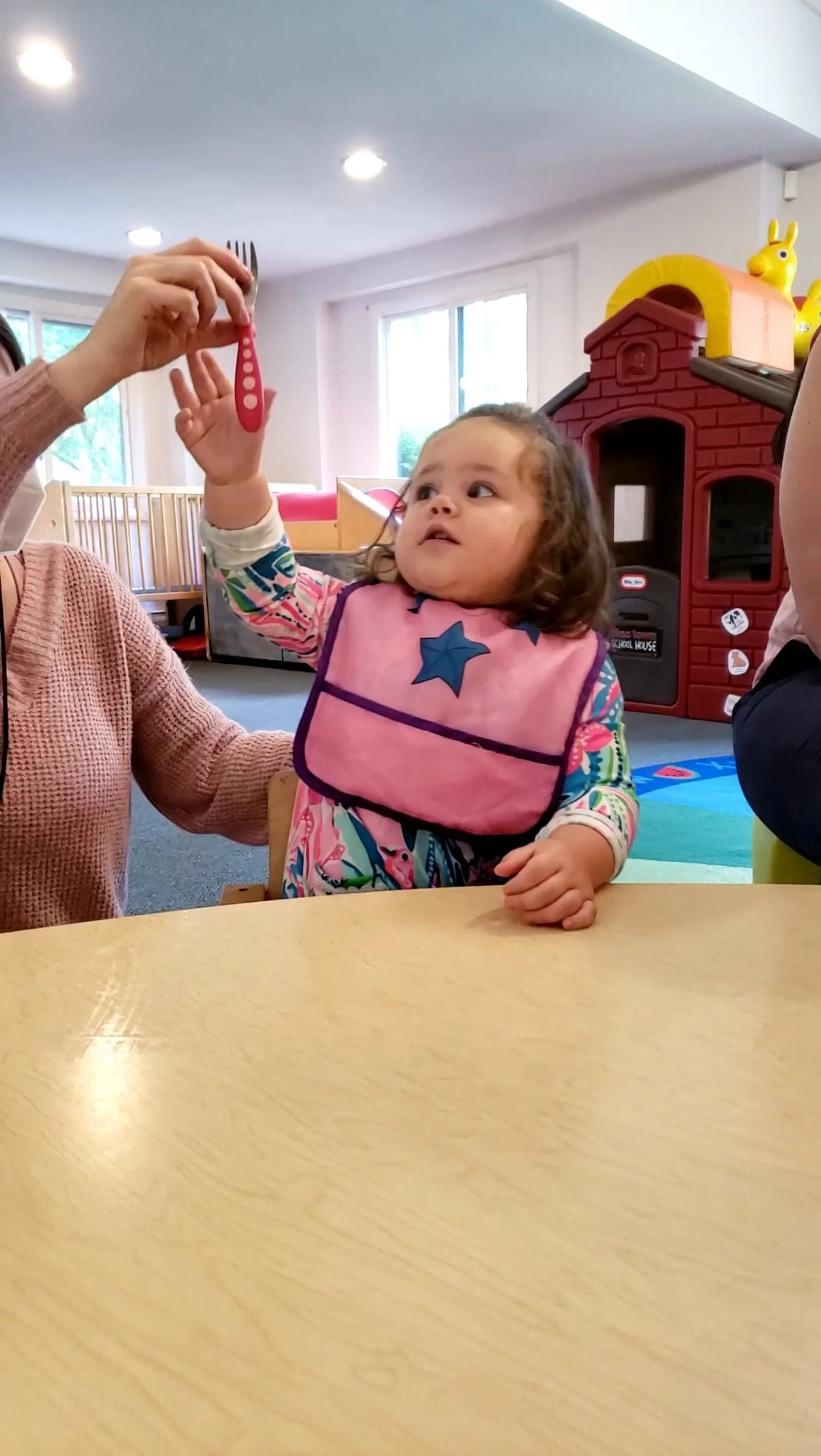
Physical Therapy
Physical Therapists help:
Gross motor skills
(sitting, crawling, walking, balance)Strength, coordination, posture, mobility
Activities and adaptive play to promote independence
-
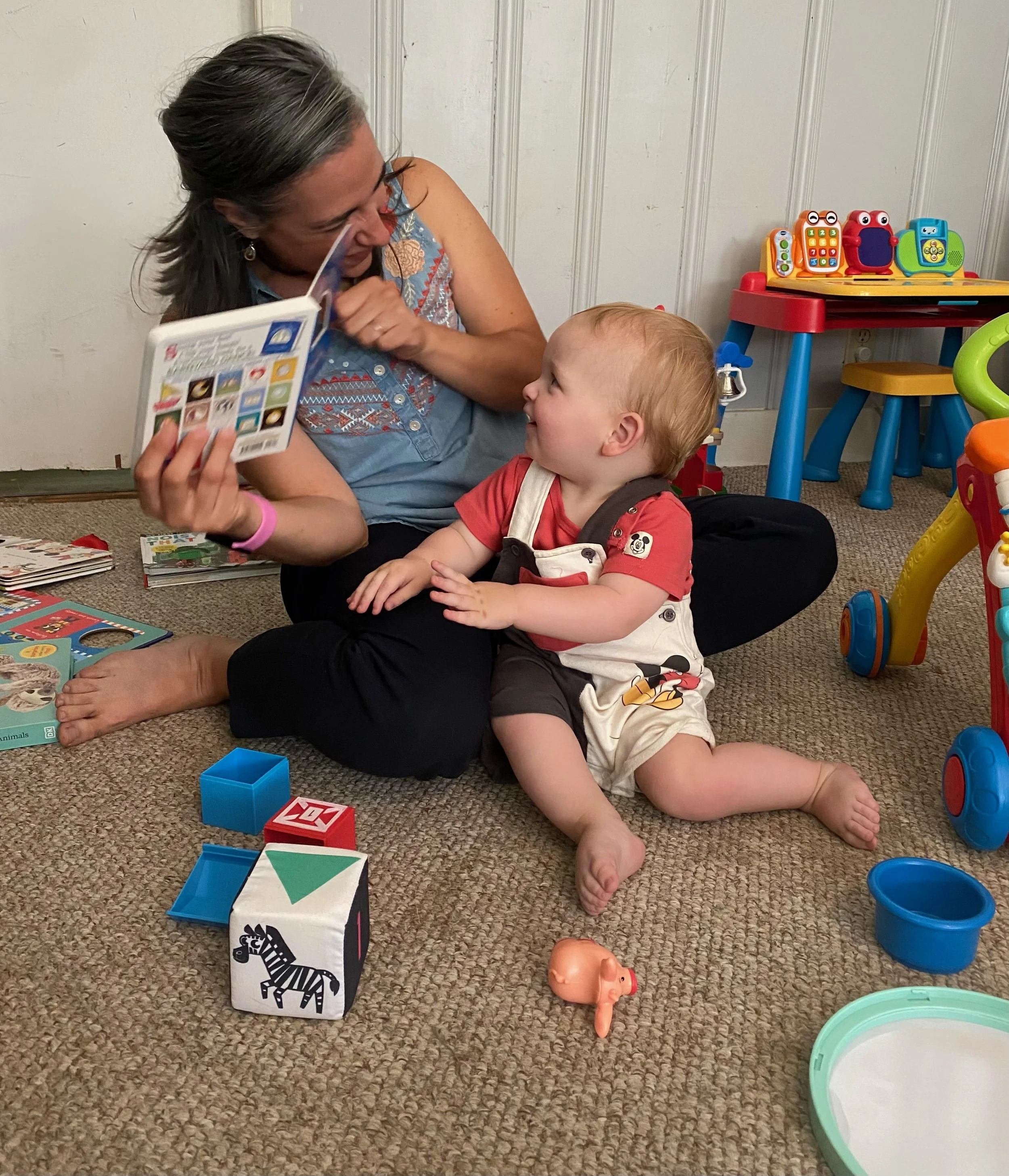
Social Work
Social Workers support:
Support families emotionally
Help navigate systems
Connect families to resources
Support family dynamics
Advocate for the child and family
-
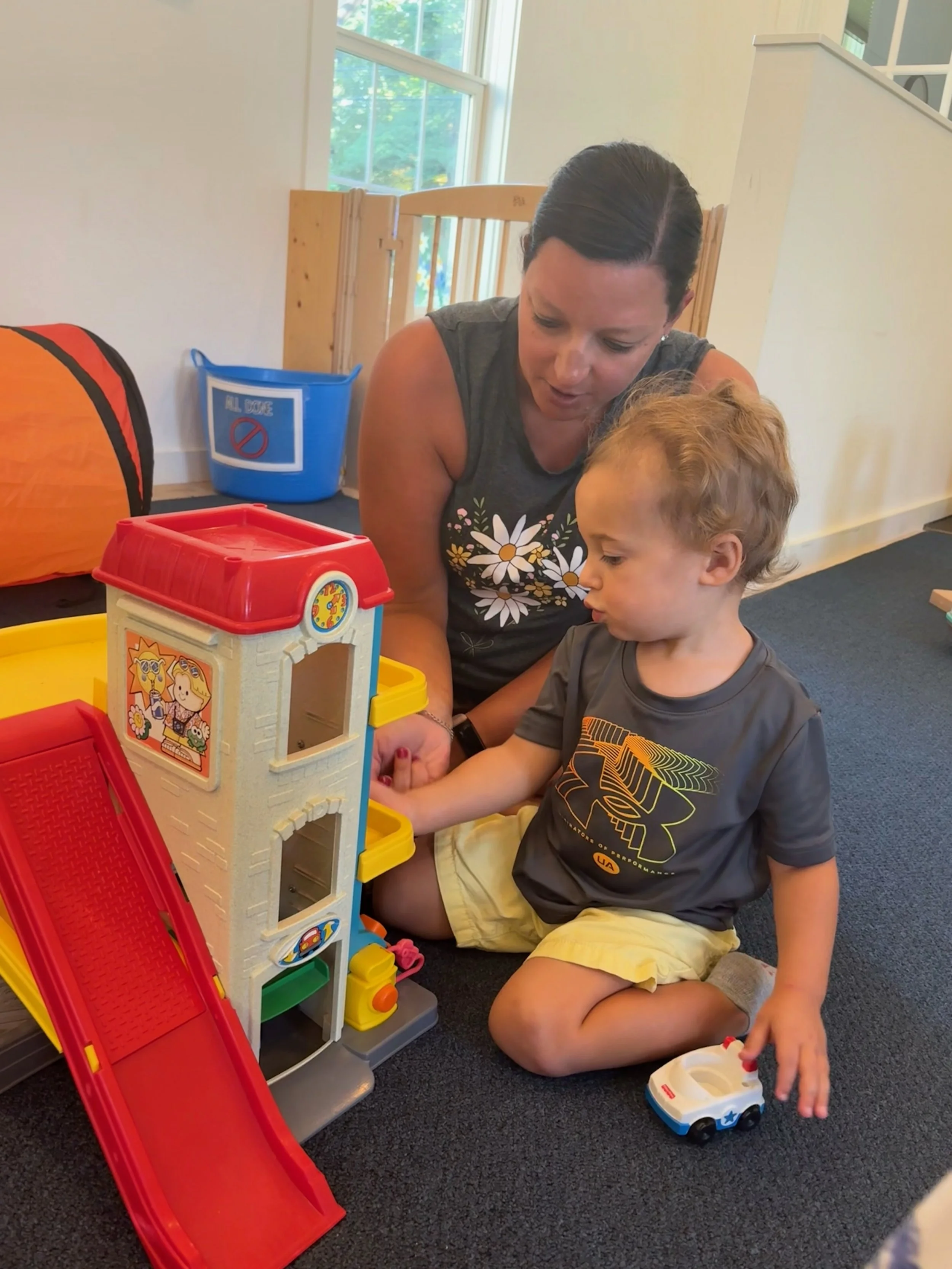
Developmental Specialists
Developmental Specialists support:
Early play skills
Attention span
Social interactions
Early language skills
Family routines
Overall development
-

Music Therapy
Music Therapists support:
Build communication skills
Strengthen social connections
Improve motor coordination
Support emotional expression
Boost confidence through playful music activities
“As parents of twins, we were happy to call PDC to find out what they might need to develop well. Immediately, we felt a sense of security and relief, as the PDC therapists who came to our home were supportive, knowledgeable and made us feel comfortable with handling our tiny little babies! We worked with OT, PT and when our babies grew they joined a playgroup at PDC’s center, where they could play with other children and learn from them, all with PDC therapists present. A great model for our children – we all made friends during group! PDC helped us to feel confident that we were doing all we could to help our twins grow and thrive! Thanks PDC – we’re so grateful!”
